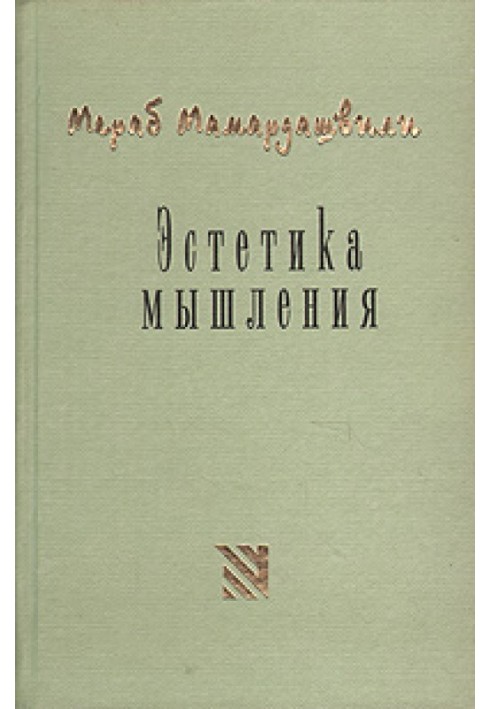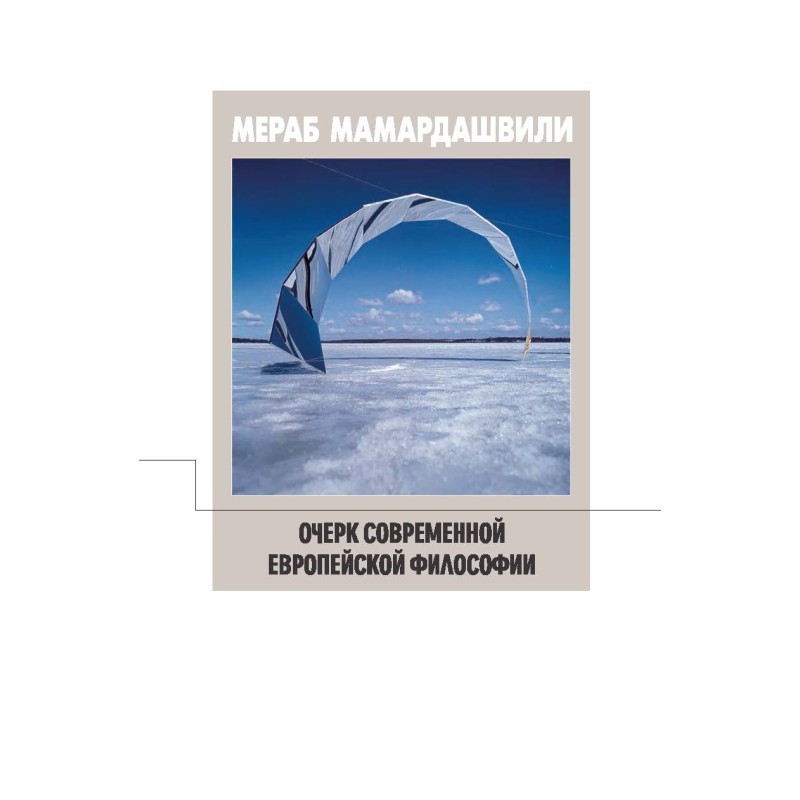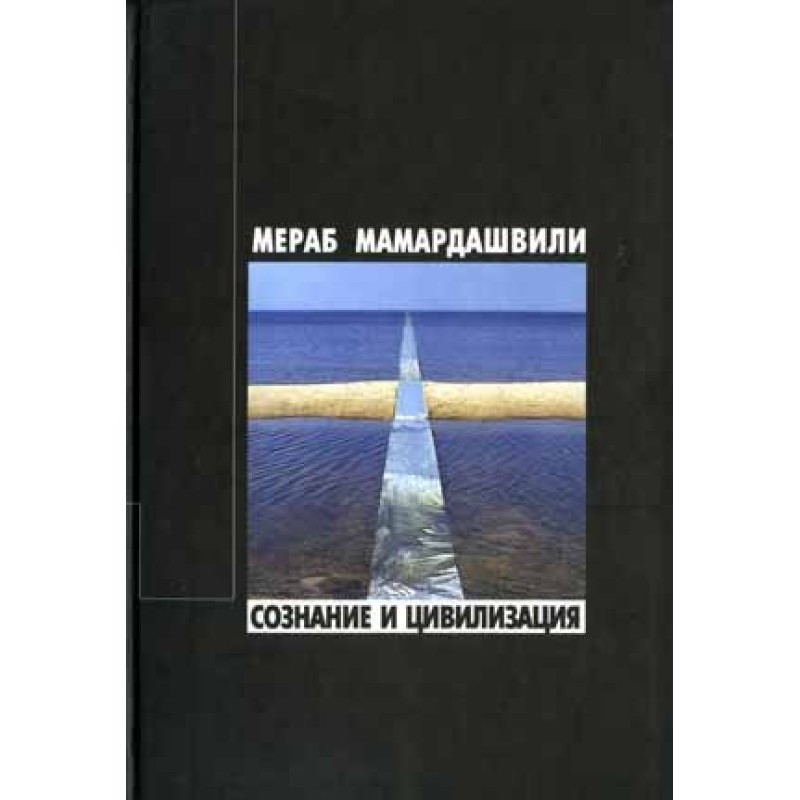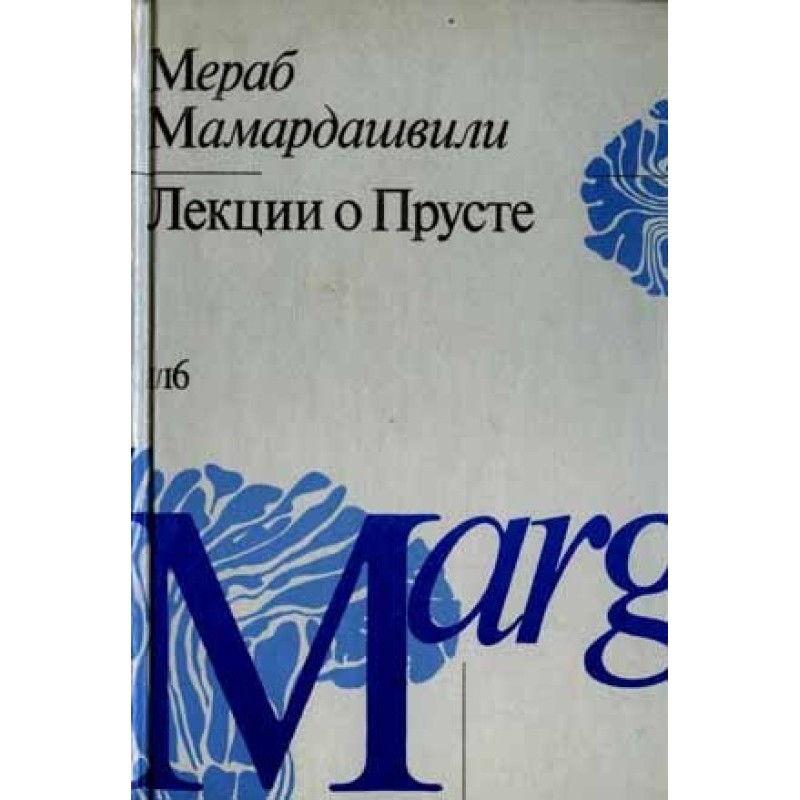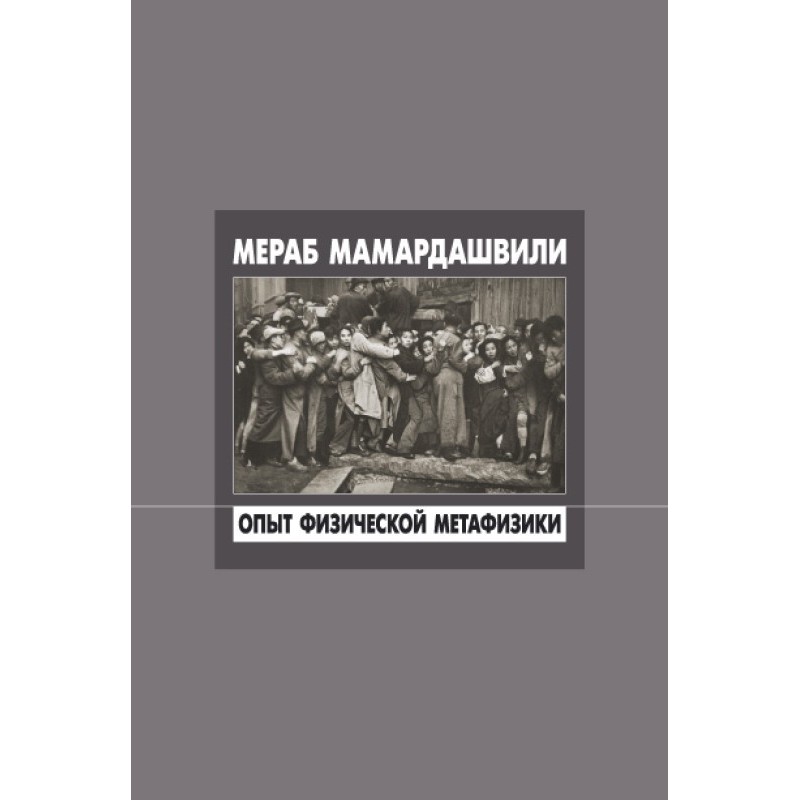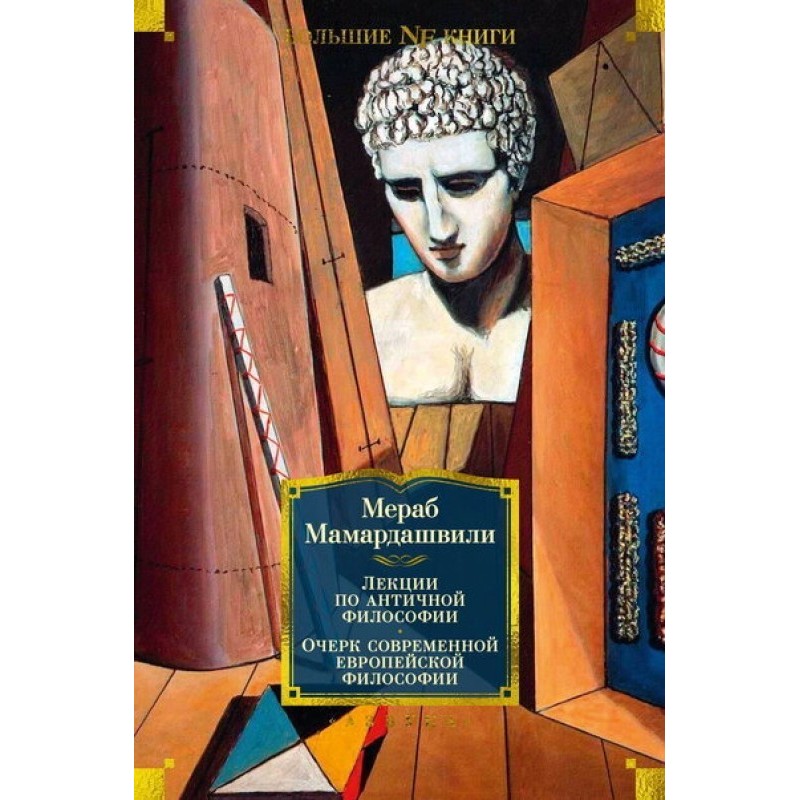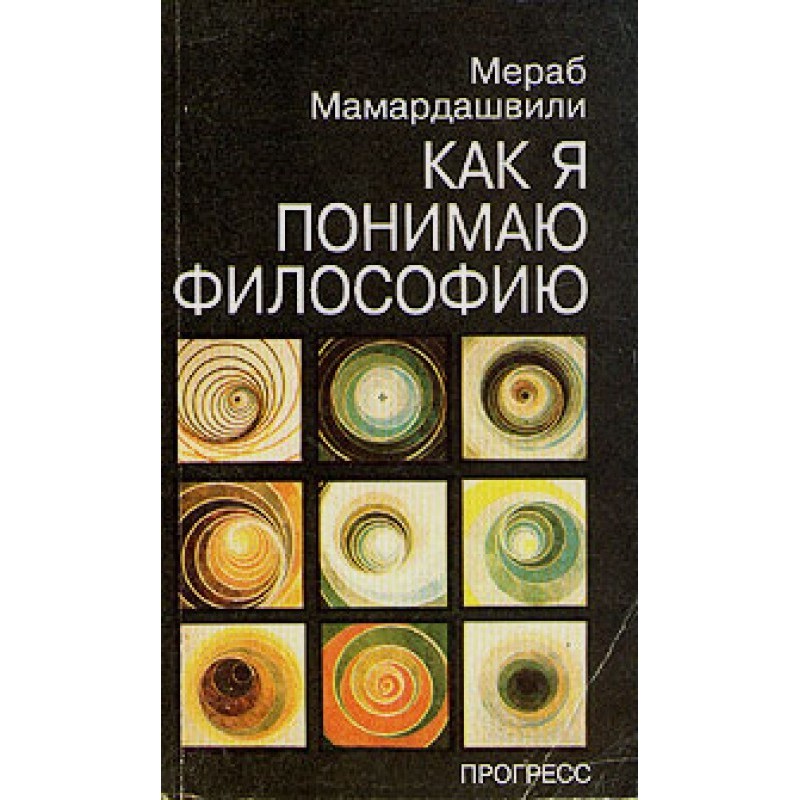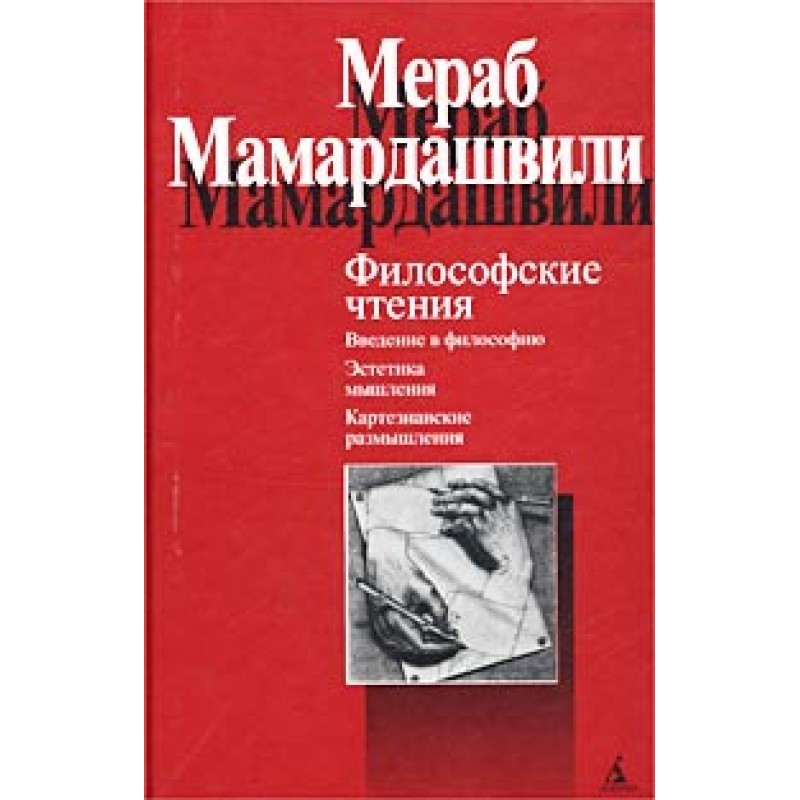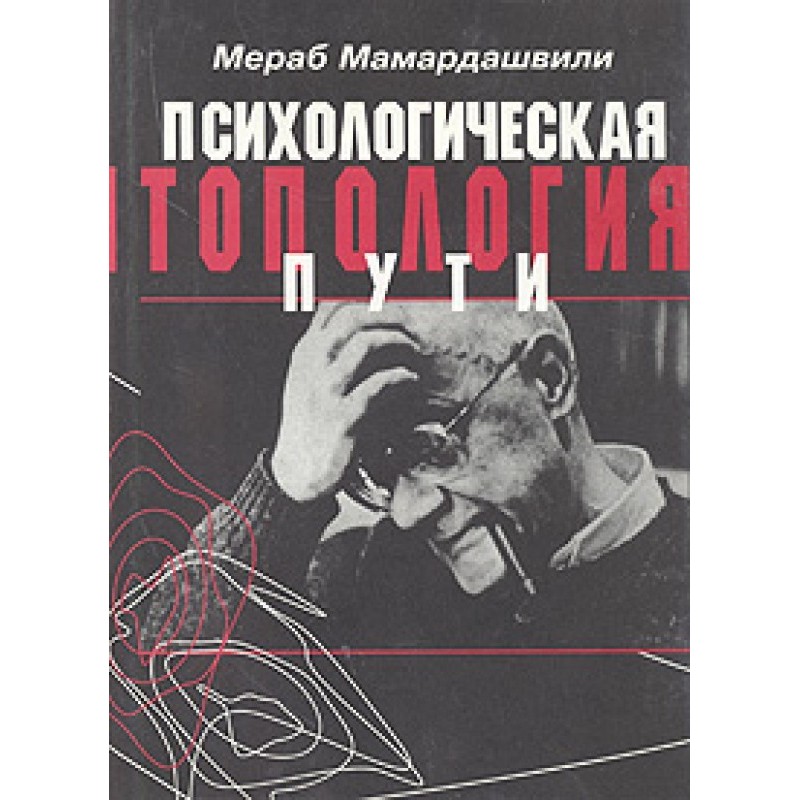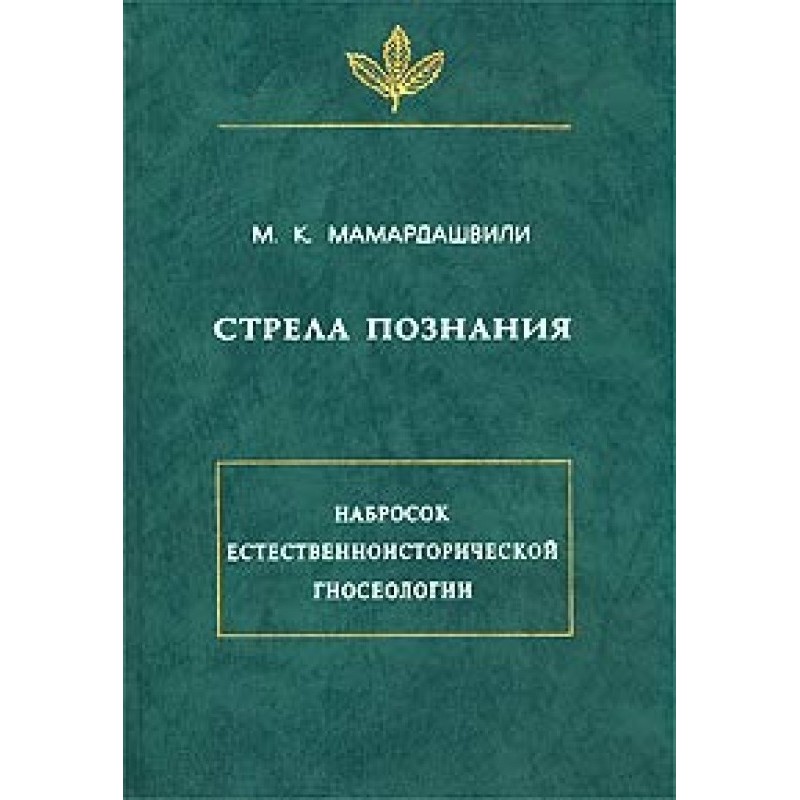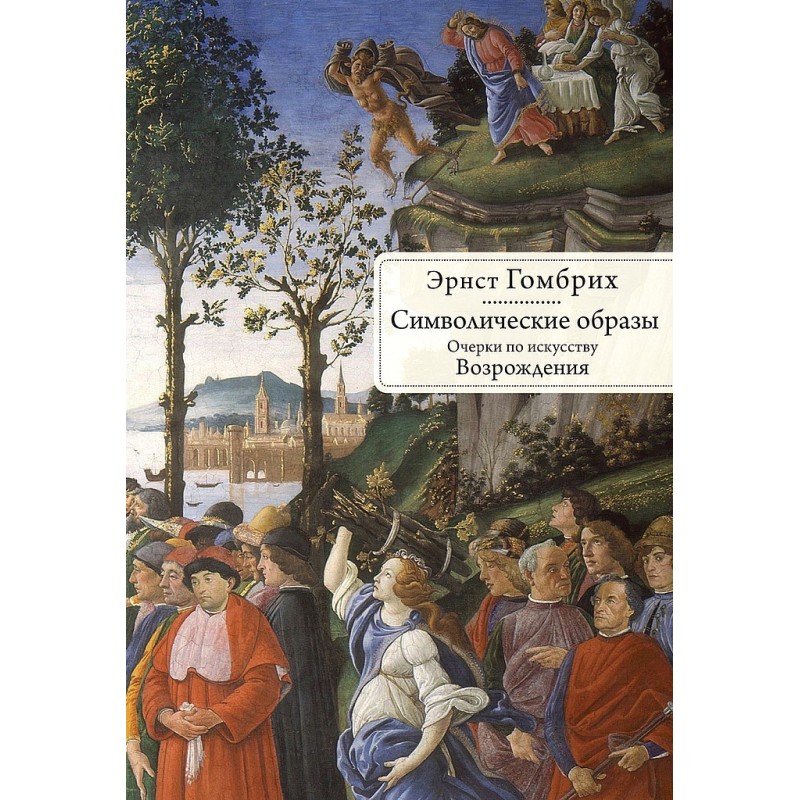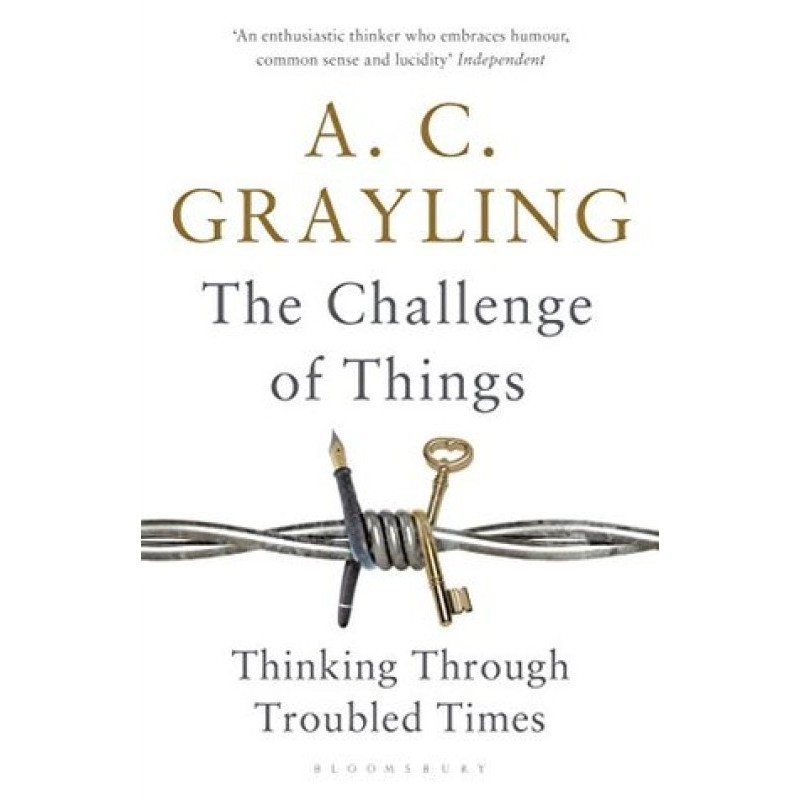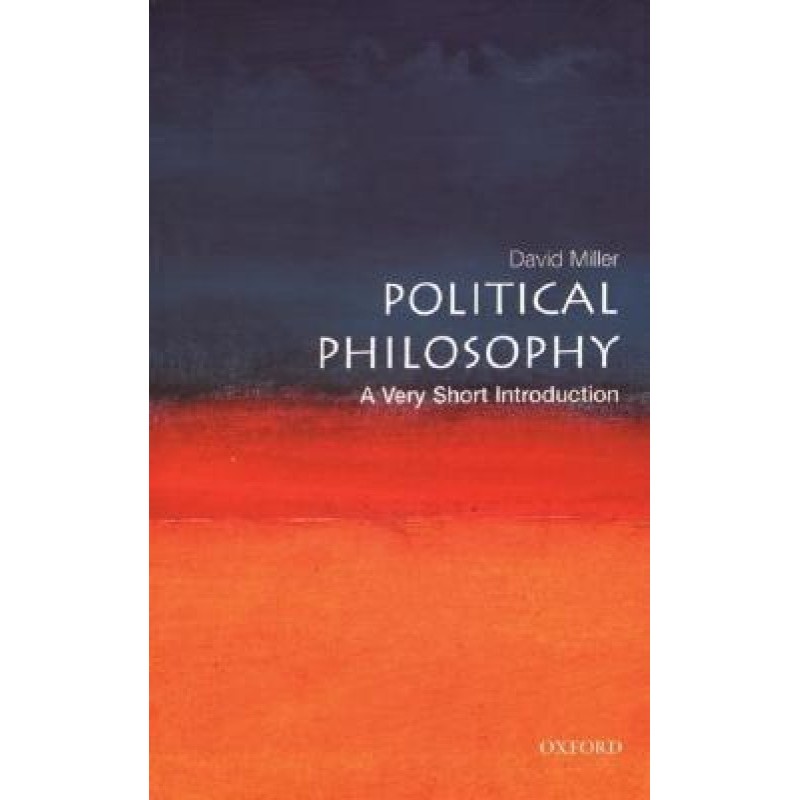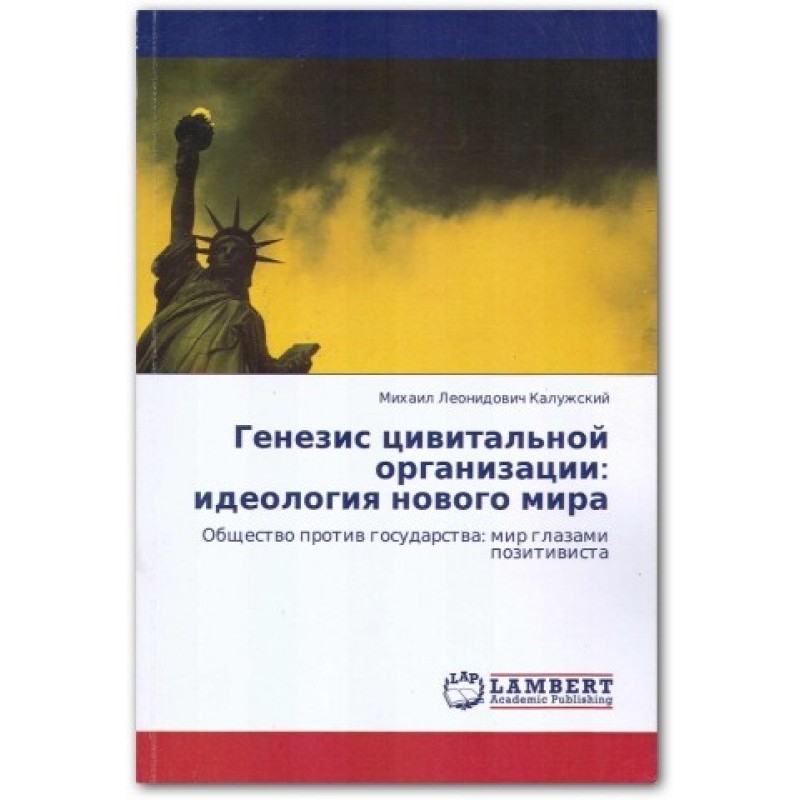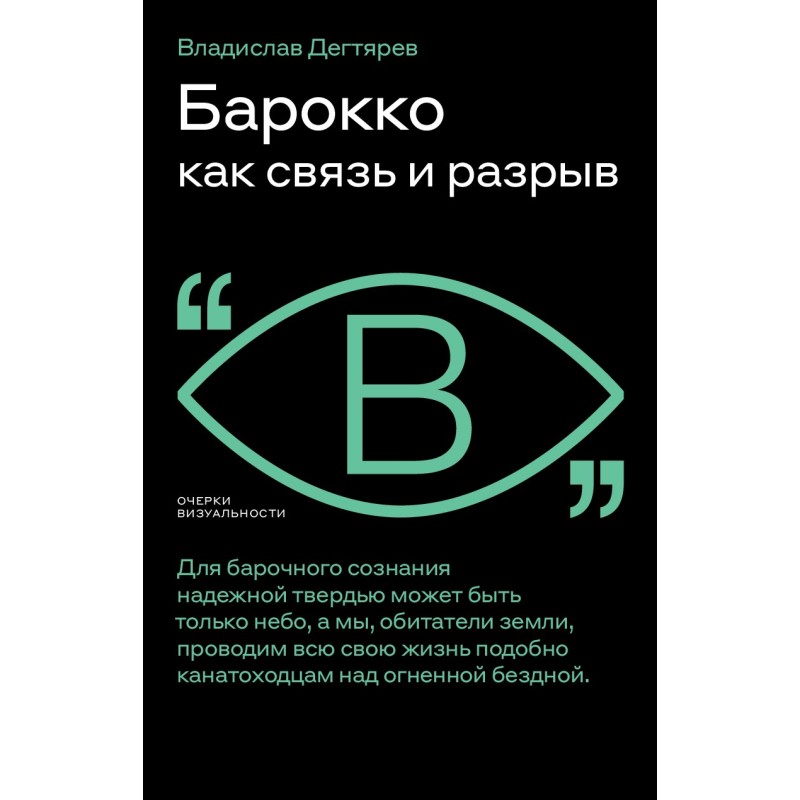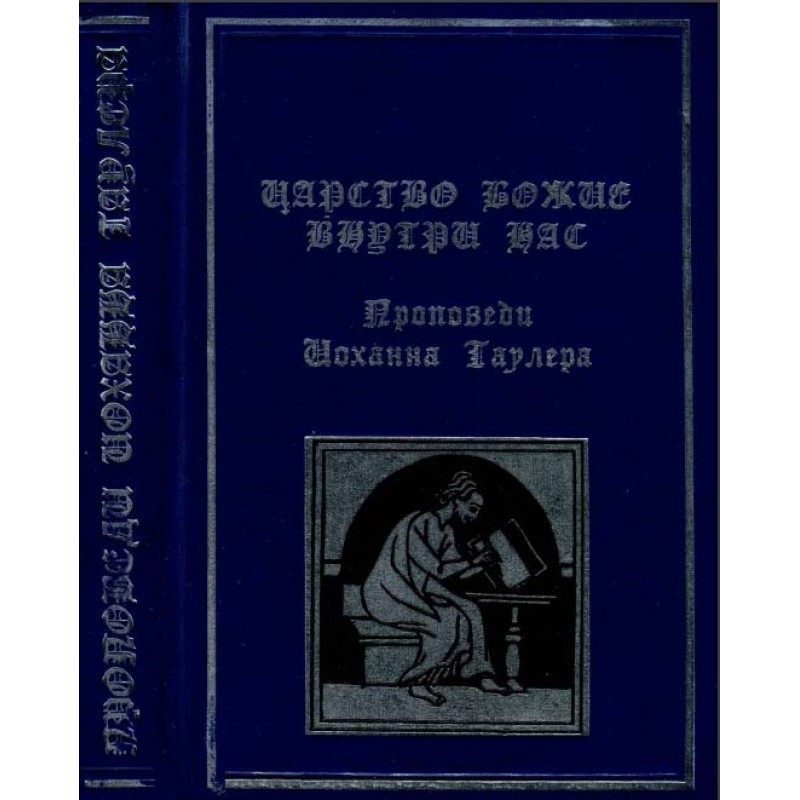Aesthetics of thinking
 Instant download
Instant download
after payment (24/7)
 Wide range of formats
Wide range of formats
(for all gadgets)
 Full book
Full book
(including for Apple and Android)
Published for the first time, this course of lectures, or conversations, as the author himself called them, was read in the 1986/1987 academic year at Tbilisi University. After lecture courses on Descartes, Kant, Proust, as well as on ancient and modern philosophy, this was actually the last, final course of M. K. Mamardashvili, devoted to the topic of thinking, discussing which, he sought to show his listeners, relying primarily on his life experience, how a person thinks and whether he is, in principle, able to think what he thinks with. When he cannot look at it from the outside, and therefore, use thought as a tool for pragmatic purposes. And that is precisely why, M. K. Mamardashvili believed, thought as such, when it becomes the subject of philosophizing, is not intended for anyone, no benefit can be derived from it. It is not for enlightenment unless the person himself has made personal efforts for this. That is, he did not at least once in his life distinguish the concept of thought from the thought itself, in which, as he put it, “you are absent, but it is there,” and therefore, your task, when it illuminated you, is to try to somehow hold on to it, to remain human.
Data sheet
- Name of the Author
- Мераб Мамардашвили Константинович
- Language
- Ukrainian
- Release date
- 2001
Reviews
Глибокий та провокаційний курс лекцій
Книга "Естетика мислення" - це справжня перлина для тих, хто прагне зрозуміти, як функціонує людське мислення. М. К. Мамардашвілі майстерно поєднує філософські концепції з особистим досвідом, що робить його лекції надзвичайно актуальними навіть сьогодні. Автор ставить важливі питання про природу думки, її роль у житті людини та про те, як ми можемо використовувати мислення не лише для досягнення практичних цілей, але й для глибшого розуміння себе. Книга спонукає до роздумів і запрошує читача до активного діалогу з текстом. Хоча переклад може містити деякі недоліки, це не зменшує цінності змісту. Рекомендую цю книгу всім, хто цікавиться філософією, психологією та саморозвитком. Вона стане чудовим супутником у пошуках відповідей на складні питання про природу людського мислення.

